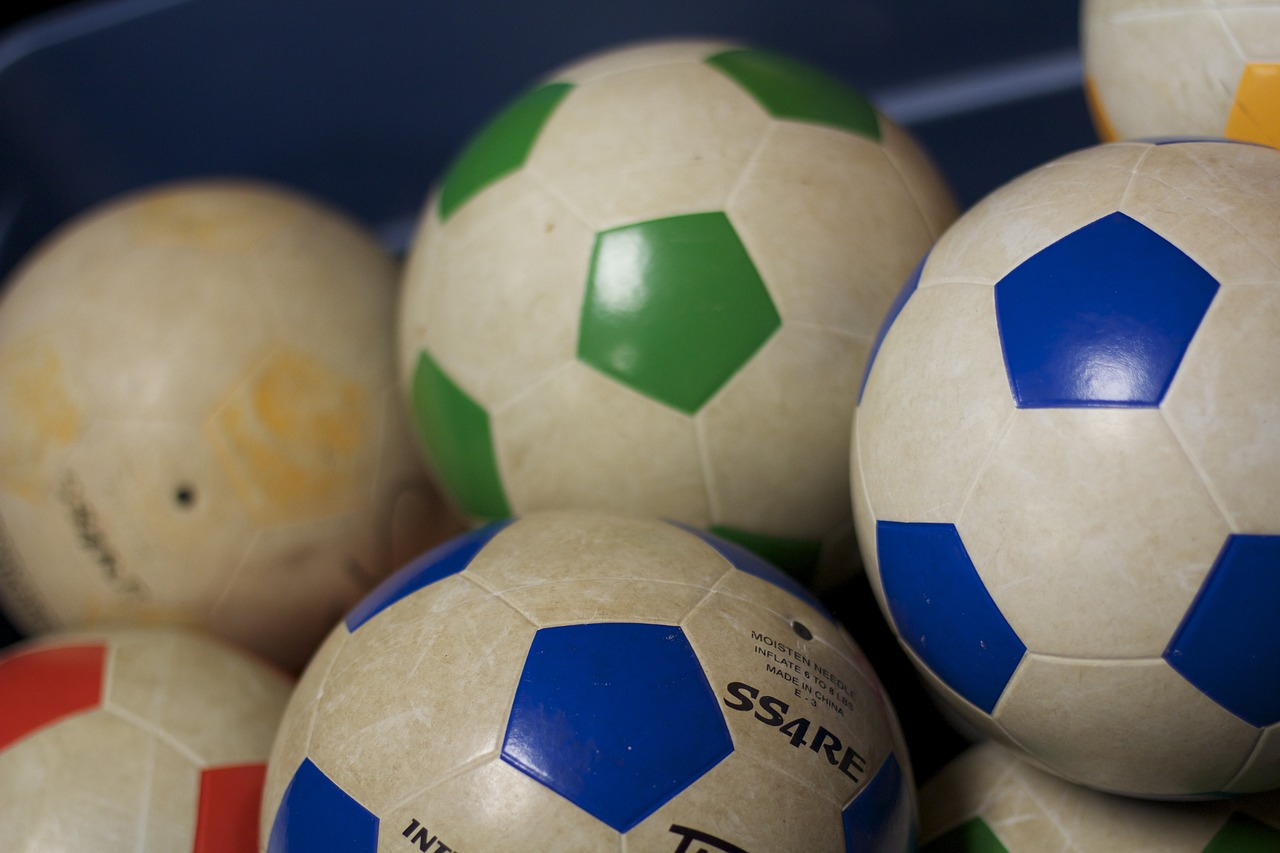Physical Activity: The Surprising Link to Better Grades
In today’s fast-paced world, it’s easy for students to get lost in the endless cycle of studying, completing assignments, and preparing for tests. Amidst it all, physical activity often takes a backseat to academics. But what if I told you that taking a break from studying to engage in physical activity could actually lead to better grades? Yes, you read that right. Research has shown that there is a surprising link between physical activity and academic performance. So, if you want to improve your grades, it might be time to hit the gym, go for a run, or even take a brisk walk. Let’s dive into the details and uncover how physical activity can boost your academic success.
The Science Behind the Surprising Link
Before we delve into the effects of physical activity on academic performance, let’s explore why and how these two seemingly unrelated entities are connected. When we engage in physical activity, our blood flow increases, delivering oxygen and essential nutrients to our brain. This, in turn, stimulates brain function and helps improve our focus, attention, and memory. Additionally, physical activity helps reduce stress levels by releasing endorphins, the chemicals responsible for making us feel good and happy. And as we all know, lower stress levels lead to a clearer and more focused mind.
The Benefits of Physical Activity on Academic Performance
Improved Focus and Attention
It’s no secret that staying focused and attentive in class is crucial for better academic performance. When we participate in physical activity, the increased blood flow to the brain helps enhance our cognitive function, leading to improved focus and attention. This, in turn, helps us better understand and retain information taught in class, ultimately contributing to better grades.
Enhanced Memory
Studying for exams often requires us to remember vast amounts of information. Luckily, physical activity can help with that too. As our brain receives more oxygen and nutrients during physical activity, it also produces more growth factors, which help create new brain cells and strengthen neural connections. This process ultimately leads to improved memory and retention of information, making studying and recalling information for exams much easier.
Reduced Stress and Anxiety
As mentioned earlier, physical activity releases endorphins, which help reduce stress and anxiety levels. This is especially beneficial for students who may experience high levels of stress due to the demands of academic life. Lower stress and anxiety levels lead to improved mental and emotional well-being, allowing students to approach their studies with a clearer and calmer mind.
Boosted Creativity
Physical activity not only helps with academic performance but also enhances our creativity. When we exercise, our brain releases dopamine and other neurotransmitters, which help improve our mood and boost our creativity. This can be especially useful for students in creative fields such as art, music, or writing.
How to Incorporate Physical Activity into Your Routine
Now that we’ve established the positive impact of physical activity on academic performance, it’s time to figure out how to incorporate it into our busy student lives. Here are a few simple ways to get started:
Take short breaks during study sessions to get up and move around.
Schedule time for physical activity in your daily routine, whether it’s going for a jog, attending a fitness class, or playing a sport.
Walk or ride your bike to school instead of taking public transportation or driving.
Join an intramural sports team or club at your school to make physical activity more enjoyable and social.
Take the stairs instead of the elevator whenever possible.
Invest in a standing desk or try studying while standing up to incorporate more movement into your study routine.
In Conclusion
Physical activity is not just essential for maintaining a healthy body; it also plays a significant role in academic performance. By incorporating physical activity into your daily routine, you can improve your focus, attention, memory, and creativity, leading to better grades. So, the next time you feel overwhelmed with studying, take a break and go for a walk, jog, or try some yoga. Your grades will thank you.






